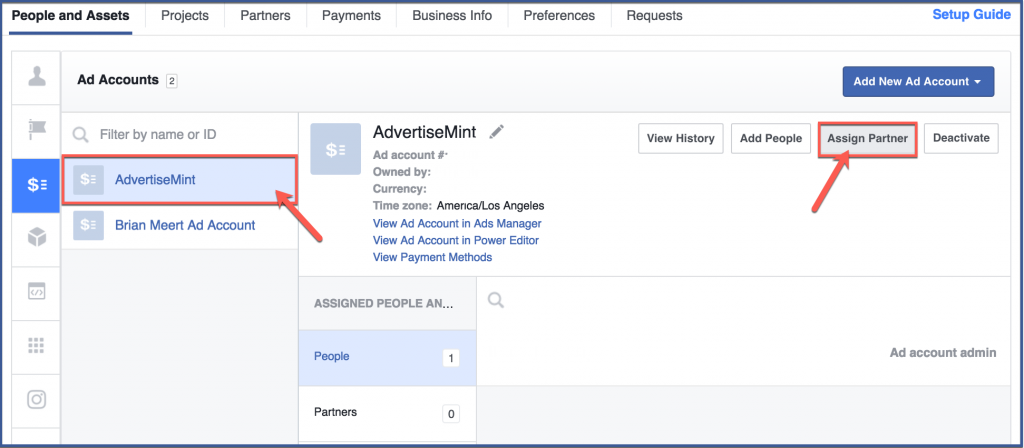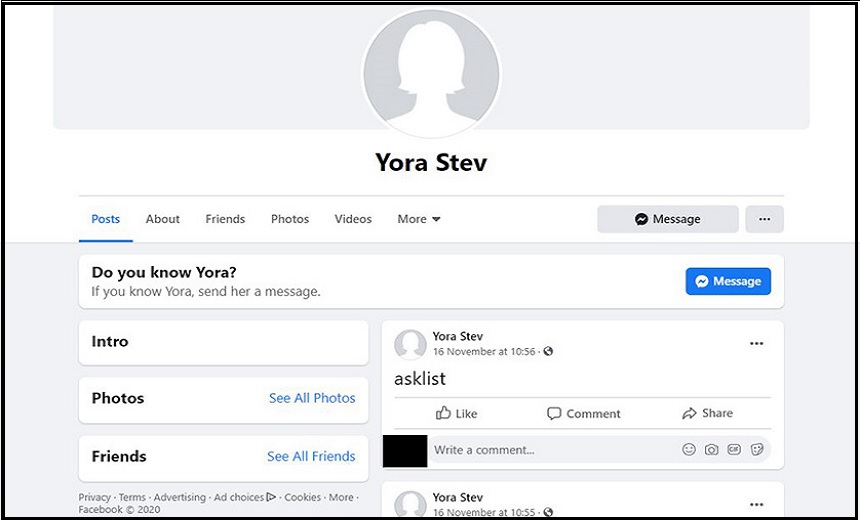

- FACEBOOK HACKING UPDATE
- FACEBOOK HACKING FOR ANDROID
- FACEBOOK HACKING OFFLINE
- FACEBOOK HACKING SERIES
Some have spotted that the were "major DNS failures at Facebook" prior to it going down.ĭNS-short for Domain Name System-is the service which translates human-readable hostnames (like ) to numeric IP addresses.Ĭyber experts have pointed out that even though the DNS servers of Facebook seem to have vanished and are no longer connected to the internet, ones for WhatsApp and Instagram can still be reached.
FACEBOOK HACKING SERIES
In a series of tweets, John Graham-Cumming, the chief technology officer of Cloudflare, a web infrastructure company, said the problem was likely with Facebook’s servers, which were not letting people connect to its sites like Instagram and WhatsApp. The reason why this is thought to be the case is because the technology behind the apps was still different enough that one hack was not likely to affect all of them at once. However, in this instance several experts believed the outage may have been caused by a technical issue instead. Earlier this year, a leaked email from the firm suggested the social network expected more such incidents and was planning to frame it as an industry problem that was a normal occurrence. The speculation that dark forces may have been at work were not surprising, given that in 2019, details of more than 530 million people were leaked in a database online, largely consisting of mobile numbers, following a hack on Facebook. In the absence of any real explanation from Facebook, there were plenty of questions about the cause of the Facebook blackout and whether it was malicious or not.
FACEBOOK HACKING OFFLINE
The social media giant suddenly went offline at around 4.45pm on Monday - causing a frantic operation to get the issue fixed as quick as possible.īut while that work went on behind the scenes, and witty memes were shared on Twitter, there was no explanation for the sudden outage - that also affected a number of UK phone networks too.
FACEBOOK HACKING FOR ANDROID
Among the most significant single payments were $80,000 for a content delivery network vulnerability and $60,000 in respect of a Messenger for Android security flaw.Facebook - along with Instagram, Messenger and WhatsApp - went down for more than seven hours, raising eyebrows among users as well as tech experts. When it comes to monies paid, during 2020, Facebook said it paid more than $1.98 million across vulnerability reports exceeding 1,000 in total.

This is to encourage continued collaboration where the most complex of vulnerabilities is concerned.

One of the innovations is the payment time bonus which will Facebook said, "incentivize researchers to provide all information needed for a successful reproduction as quickly as possible." In addition to the actual bounty paid, Facebook will add a bonus of between 5% and 10% if it takes more than 30 days to issue payment after information allowing a successful replication of the issue is submitted.įacebook now also supports the sharing of bounty payments between multiple hackers on one submission. Facebook offers bonuses and shared bounties to hackersįacebook has also recently updated its vulnerability reporting program. Google said this brings those previously scattered platforms into a single format where bugs are easier to submit. That somewhat confusing state of affairs has now gone with the launch of a consolidated Google Bug Hunters platform. In addition, reporting vulnerabilities across different Google domains such as Chrome, Android, Play and Google itself involved separate vulnerability disclosure systems. What hasn't changed is that Android remains front and center when it comes to bounty payments, with $1,651,000 paid so far in 2021, compared to $1,397,000 for Chrome vulnerabilities.
FACEBOOK HACKING UPDATE
MORE FROM FORBES New Google Chrome Update Warning As Hackers Discover 7 Alarming Security Flaws By Davey Winder


 0 kommentar(er)
0 kommentar(er)
